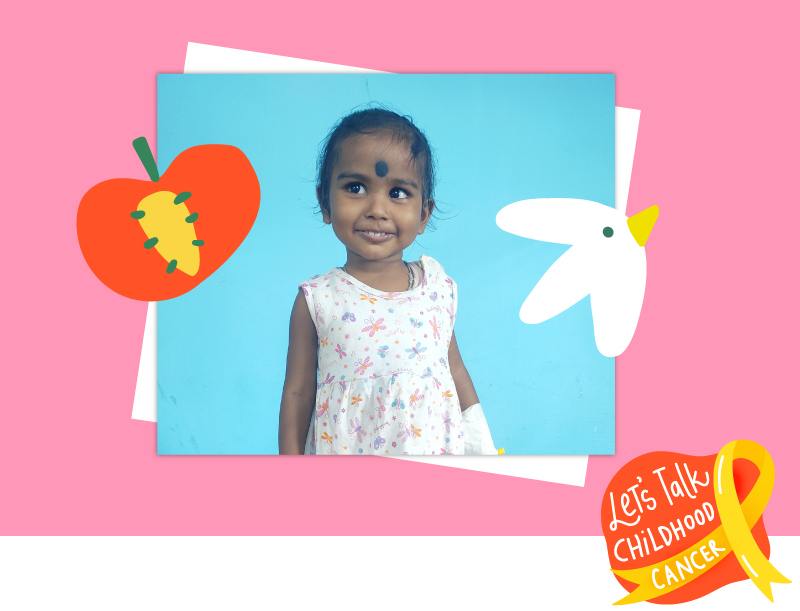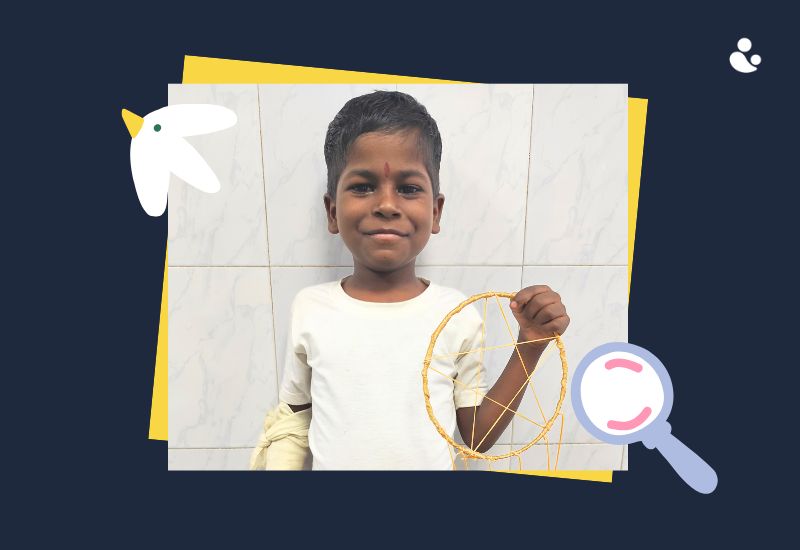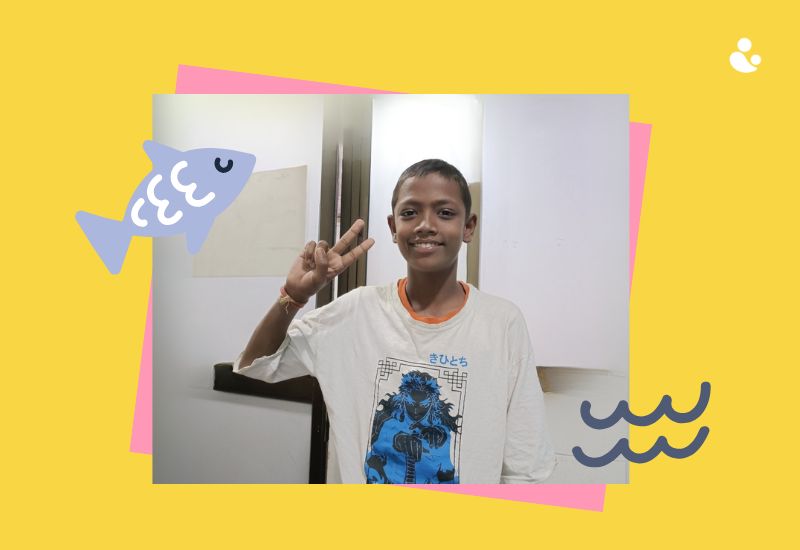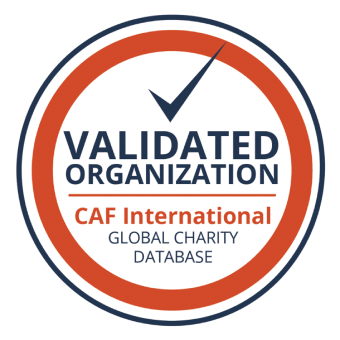For a 2-year-old who is just about making sense of the world as an infant, being diagnosed with Acute Lymphocytic Leukaemia can be incredibly disorienting. Sunidhi Khanoo’s story is an inspiring story of how one perceives the world in their most formative years and then adapts to living with cancer.
Sunidhi’s father, a daily wage earner, and mother, a homemaker, have had to move to Tinsukia for her treatment at AMC, Dibrugarh.
“I feel very emotional about Sunidhi. She is a young child who has to be injected in the spine, which can be extremely painful even for adults,” says Purabi, our Nutritionist, who is making sure that Sunidhi gets the right nutrition to fight the disease.
“When I met Sunidhi, she was quite weak and sad. I would see her clinging on to her mother and crying. I spent time with Sunidhi so I could comfort her. The consumption of breast milk was gradually reduced, and other nutrients like juice, milkshake and lassi were added to her diet. With time she took to me and started having solid foods for the first time,” adds Purabi who is now lovingly addressed as lassi baideo (sister in Assamese) by Sunidhi and the other doctors in the ward.
The In-Meal and supplements provided to her as a Cuddles beneficiary makes sure that she has the right nutrient intake for her needs as a growing child and as a cancer patient.
“I was extremely concerned when Sunidhi was diagnosed with cancer because I lost my elder brother to lung cancer too. But from time to time, Purabi has stepped in to give us the much-needed emotional support. I am less fearful and more hopeful about Sunidhi’s condition,” says Udhojee, Sunidhi’s father as he watches his daughter enjoy the nutrient-rich food and bond with Purabi with an equal amount of fondness.
“There are times when my wife and I feel tensed but the fact that we can both reach out to Purabi when in doubt is a great source of support,” adds Udhojee who is also parenting his two children remotely from Dibrugarh.
The month of September is marked as ‘Childhood Cancer Awareness Month’ and Purabi’s advice to parents like Udhojee is to watch out for unwanted advice that comes from family members in such dire situations. “Children are resilient, and they generally find a silver lining in the most painful experiences. I have seen children race to get injected like it was a game. Their innocence helps them adapt. But it is the innocence of parents that I am most concerned with. I would suggest they always consult practitioners before they try to self-medicate their children. One wrong step can seriously hamper the health of the child and be counterproductive to the work we are doing,” she says.





